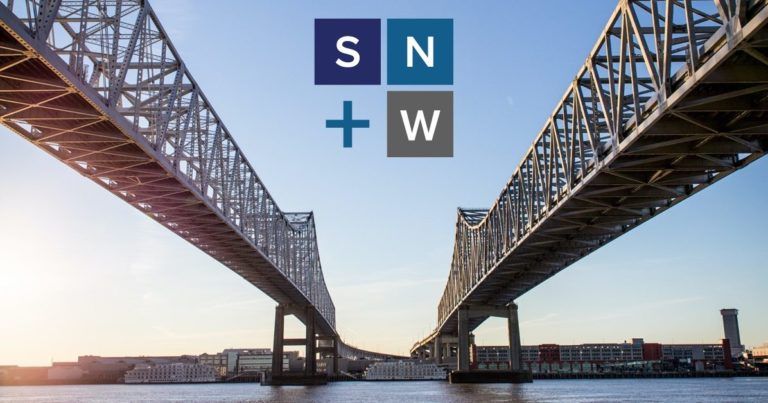
On December 27, 2020, the President signed a new stimulus package into law. In addition to a $600 payment to eligible individuals, the new stimulus package includes numerous relief programs and tax incentives for businesses. Notably, the stimulus package has modified and made additions to the Paycheck Protection Program. Here are seven highlights:
- Forgivable Expenses. The definition of forgivable expenses has been expanded to now include covered property damage costs, covered supplier costs, and covered worker protection expenditures.
- Potential Larger First PPP Loan. For those who have not yet gone through the forgiveness process, you may be able to amend your first loan to maximize your initial PPP loan.
- Second Round of PPP loans. Businesses with 300 or fewer employees may apply for a second PPP loan. The business must meet the eligibility requirements and have experienced at least a 25% decrease in revenue over a quarter in 2020 as compared to the same quarter of 2019. The maximum second loan amount is $2,000,000.
- Special Eligibility Requirements for Certain Industries. Special provisions and eligibility requirements exist for the Second Round of PPP Loans in certain industries such as hospitality and news organizations. We strongly recommend consulting with knowledgable professionals if your business operates in these special industries.
- Increased PPP loan amounts for hospitality industry. Businesses whose NAICS code begins with 72 may apply for amounts equal to 3.5x average monthly payroll. Other businesses may apply for amounts at 2.5x average monthly payroll.
- PPP expenses are now deductible. The new stimulus package clarifies that money and forgiveness received on PPP loans as well as EIDL advances is not taxable income. Additionally, the use of such funds shall not affect the deductibility of the expenses.
- Net Operating Loss Carryback. Combined with the tax treatment of PPP, if you experienced a loss in 2020, 2019 or 2018 you may be able to amend your previous tax returns and carry that loss back. Consult with your tax professional to learn more.
For any assistance or questions regarding the COVID Stimulus, Paycheck Protection Program or other stimulus related items, please contact your tax preparer and attorney, or contact our firm for a free consultation at keith@snw.law or scott@snw.law. You can find our helpful COVID resources at our website www.snw.law.


